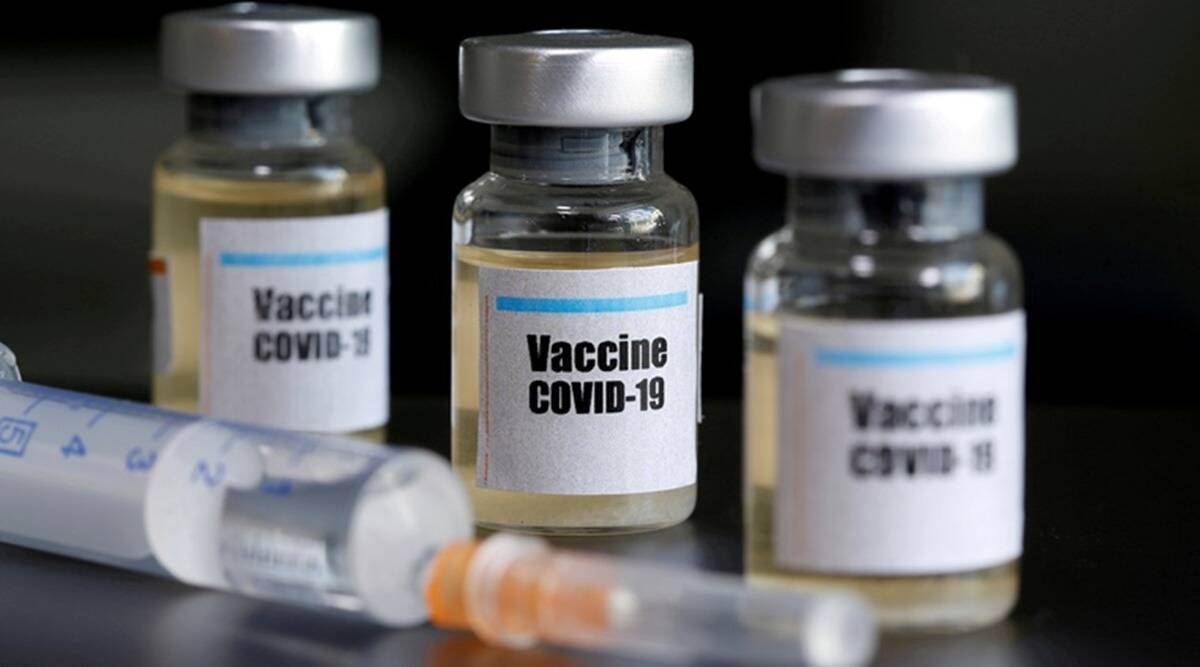The recent data released by the US, Israel and the UK suggest a declining trend in the efficacy of COVID-19 vaccines in preventing coronavirus related infection, which might be a cause of concern. However, the data also suggest that the protection against hospitalisation from COVID-19 remains high despite a fall in the effectiveness of the vaccine, especially in Israel and the US.
The Israel study also showed that individuals vaccinated in early 2021 are more susceptible to infection as compared to people vaccinated later.
In this article, we will attempt to address all the concerns and questions related to the data and abated efficacy of the vaccine.
Is the declining efficacy of COVID-19 vaccines a concern?
In simple terms no, it is not. As discussed earlier, the efficacy of the COVID-19 vaccines despite a marginal decline offers robust resistance against the hospitalisation rate. Ideally, any vaccine should protect the population from infection, transmission, and hospitalisation and subsequent mortality, which is the case here.
Even if the protection against infection decreases, vaccines are proven to be highly protective against hospitalisation, which is still beneficial because hospitalisations place the maximum burden on health infrastructure. Recently, cases there reached up to 85% of the prior peak in January 2021 whereas the number of deaths stayed at 10% of the prior peak.
Why the decline in COVID-19 vaccine efficacy?
Vaccination protects the body through two points because any virus infects the body from these two points only. The first point is the circulation system that the virus and later antibodies use to travel around the body. The second point is the cells of various tissues that the virus invades and use to multiply.
Also Read: CDC director stresses focus on unvaccinated as US rolls out booster shots
Thus, the vaccine establishes the two arms of the immune response and these two arms can mature differently with time and in response to different variants, in this case rapidly mutating.
So the level of antibodies, circulating in the body decline with time. Even though the human body develops a ‘memory’ mechanism to re-create antibodies, jumpstarting this memory at a subsequent encounter can take time.
A weak and delayed antibody response would result in an infection (symptomatic COVID), but if the T-cell response is intact, the individual would be protected from severe disease.







